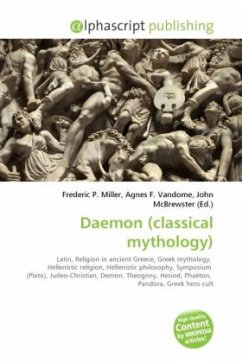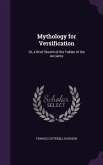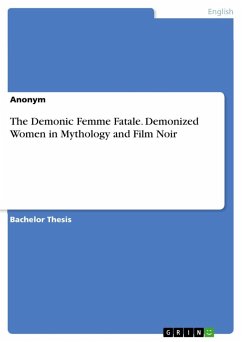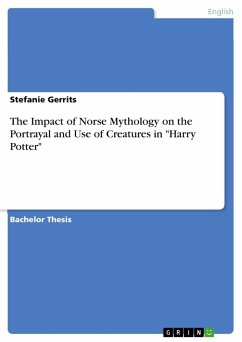The words daemon, dæmon, are Latinized spellings of the Greek (daimôn) used purposely today to distinguish the daemons of Ancient Greek religion and mythology, Hellenistic religion and philosophy, good or malevolent "supernatural beings between mortals and gods, such as inferior divinities and ghosts of dead heroes" (see Plato's Symposium), from the Judeo-Christian usage demon, a malignant spirit that can seduce, afflict, or possess humans. In Hesiod's Theogony, Phaëton becomes a daimon, de- materialized, but the ills of mankind released by Pandora are keres not daimones. Hesiod relates how the men of the Golden Age were transmuted into daimones by the will of Zeus, to serve as ineffable guardians of mortals, whom they might serve by their benevolence. In similar ways, the daimon of a venerated hero or a founder figure, located in one place by the construction of a shrine rather than left unburied to wander, would confer good fortune and protection on those who stopped to offer respect. Daemones were not considered evil. The term also referred to the souls of men of the golden age acting as guardian deities







